My Favorite Sites for Book Recommendations
I am continually looking for books to read and Amazon’s “Customers who bought this item also bought” carousel doesn’t cut it. Because I am living in Italy, I cannot simply pad down to the nearest bookstore and lose myself for a bunch of hours—there are a couple stores where I can lose myself for a half-hour, forty-five minutes every once in a while. So online it is. My go-to sources for book recommendations are Maria Popova’s Brain Pickings site, Ryan Holiday’s email book list, and James Altucher’s and Tim Ferriss’ podcasts.
Brain Pickings
Maria Popova
 Maria Popova’s love of literature, of books, of physical books, is palpable. A post on her Brain Pickings site will usually focus a single book. She interacts with it, gives her own impressions, and lets us know what books, articles, essays, stories, it reminds her of. She brings in other writers to elucidate and complement the topic. A post will usually include up to 10 links to other subjects she’s written on, all potential rabbit holes of reading. I find it hard to keep up with her impressive output.
Maria Popova’s love of literature, of books, of physical books, is palpable. A post on her Brain Pickings site will usually focus a single book. She interacts with it, gives her own impressions, and lets us know what books, articles, essays, stories, it reminds her of. She brings in other writers to elucidate and complement the topic. A post will usually include up to 10 links to other subjects she’s written on, all potential rabbit holes of reading. I find it hard to keep up with her impressive output.
Her posts tend toward the timeless, rather than the quick-hit rise-and-fall stories most of the internet presents us with. She spend, by all accounts, incredible amounts of time in the public library, finding worthy books we may be overlooking.
In an interview with the Guardian, she says:
If something interests me and is both timeless and timely, I write about it. Much of what is published online is content designed to be dead within hours, so I find most of my material offline. I gravitate more and more towards historical things that are somewhat obscure and yet timely in their sensibility and message. We really need an antidote to this culture of “if it’s not Google-able, it doesn’t exist”. There’s a wealth of knowledge and inspiration offline, ideas still very relevant and interesting.
You can get a weekly email notification with a round up of the week’s posts, but start by simply going to her site and getting yourself lost.
Books I’ve read (or am currently reading) on Maria Popova’s recommendation:
Martha: The Life and Work of Martha Graham by Agnes de Mille
A Life of One’s Own by Marion Milner
The Journals of Andre Gide
The Art of Loving by Erich Fromm
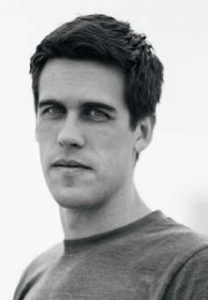 Ryan Holiday is a voracious reader. Part of the success of his books—in particular, The Obstacle is the Way and Ego is the Enemy—comes from Holiday’s huge email list of people interested in his book recommendations who then became fans of his books.
Ryan Holiday is a voracious reader. Part of the success of his books—in particular, The Obstacle is the Way and Ego is the Enemy—comes from Holiday’s huge email list of people interested in his book recommendations who then became fans of his books.
Holiday writes:
“I’ve always devoured books. Why, exactly, I’m not sure. Obviously a big reason to read is because it’s fun. As Petrarch, a famous book lover observed some 700 years ago, “books give delight to the very marrow of one’s bones.” But if I was honest, I would say the real reason that I’ve spent so much time with my nose inside this book or that book is because I have been searching for something: a way to life. There is a Latin expression: liber medicina animi (a book is the soul’s medicine). That’s what I’ve been after.”
You should sign up for his monthly reading recommendations, but the best place to start is with his Books to Base Your Life On list.
Holiday’s recommendations tend toward the edifying. Marcus Aurelius tops the list. Emperor of Rome from 161 to 180, the book Meditations was not meant for publication but was written as an evening journal for his eyes only. Here’s Holiday’s take on the book:
The Meditations by Marcus Aurelius. To me, this is not only one of greatest books ever written but perhaps the only book of its kind. Just imagine: the private thoughts of the most powerful man in the world, admonishing himself on how to be better, more just, more immune to temptation, wiser. It is the definitive text on self-discipline, personal ethics, humility, self-actualization and strength.
Books I’ve read on Ryan Holiday’s recommendation:
Meditations by Marcus Aurelius
48 Laws of Powerand Mastery by Robert Greene
Tiny Beautiful Things: Advice on Life and Love from Dear Sugar by Cheryl Strayed
The Score Takes Care of Itself by Bill Walsh
James Altucher is the Columbo of podcasting. He often comes off a little ditzy, claiming to not know much of anything, coming forward continually with his mistakes and failures, except . . . he has terrific guests and he asks terrific questions. He’ll really get down to details on things like what Dan Harrisfelt like while having a panic attack on Good Morning America, discussing authenticity with Wynton Marsalis, or the Apollo 8 mission with Robert Kurson, author of Rocket Men.
Books I’ve read on James Altucher’s recommendation:
10% Happier by Dan Harris
Own the Day, Own your Life by Aubrey Marcus
But What If We’re Wrong: Thinking About the Present As If It Were the Past by Chuck Klosterman
The Subtle Art of Not Giving a Fuck by Mark Manson
 Tim Ferriss
Tim Ferriss
The Tim Ferriss Show Podcast
Tribe of Mentors Podcast
Tim Ferriss entered the internet’s consciousness with his book The Four-Hour Work Week. His mission is to hack learning and his main way to do that is to interview, via his podcast, high-performing individuals and learn their secrets. In his podcasts, he seems humble and appreciative of his progress in life. He will often ask his guests about significant failures and how the failure was leveraged to bring about personal growth.
He does not hoard information but shares it, loves sharing it, sharing it has become, in fact, his mission. He seems like a very likeable every-man. He’s had his personal issues—including a very relatable brush with suicide. His Tools of Titans and Tribe of Mentors books are a great collections of productivity hacks from his guests, who are amongst the best in their fields, as filtered by Ferriss.
Books I’ve read because of Tim Ferriss:
The Obstacle is the Wayby Ryan Holiday
Principlesby Ray Dalio
The Art of Learningby Josh Waitzkin
The Gifts of Imperfectionby Brené Brown
If you like Ferriss’ podcast, sign up for his weekly email, 5-Bullet Friday.
Here’s his description:
“Every Friday, I send out an exclusive email with the five coolest things I’ve found (or explored) that week. . . It might include books, gadgets, experimental supplements, articles, new hacks/tricks, and — of course — all sorts of weird stuff I dig up around the world.”
Here’s two of the five from a recent week:
What I’m listening to —
Malemolência by Céu (@ceumusic). This has been one of my favorite songs for 2-3 years, and the entire album is stellar (Lenda is another standout for me). The sexiness of the vocals is otherworldly. The album cover pic ain’t so bad, either. Oh, and her videos, too.
Quote I’m pondering —
“Sell your cleverness and buy bewilderment.” – Rumi, 13th-century Persian poet.
I love finding this in my email on Friday. Amongst all the crap I delete and unsubscribe from, I always read this. It takes no more than a minute to read. Sometimes, I follow a link and check out the song, or quoted author, and sometimes I don’t. I look forward to reading this on Fridays.
If you have a favorite source for books, please share the link in the comments section. Thanks!
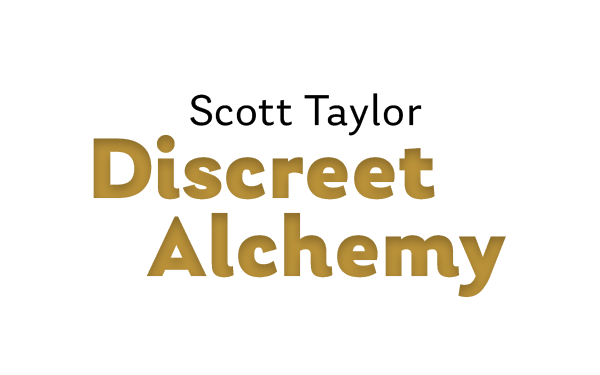
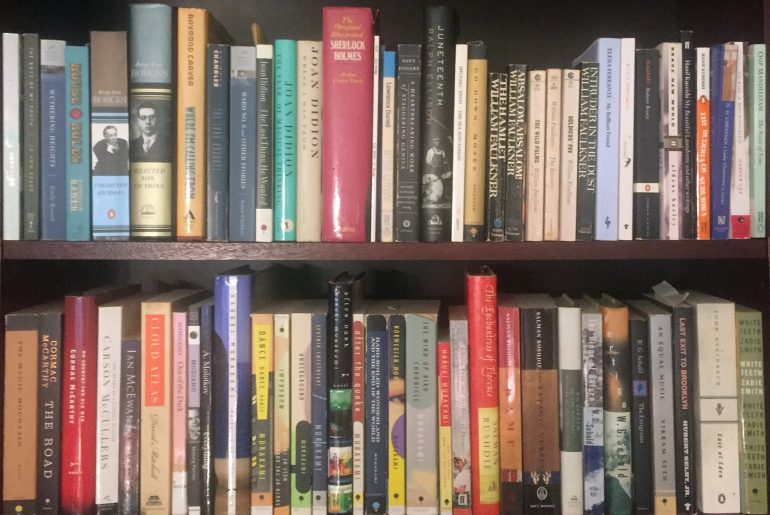



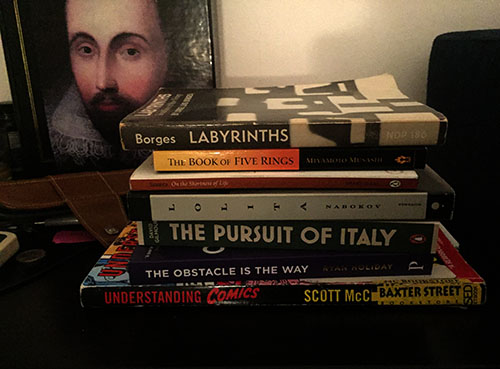
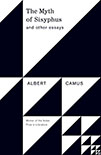 Books I’m reading
Books I’m reading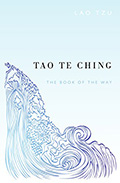 Books I’ve Read More than Once in the Past Year
Books I’ve Read More than Once in the Past Year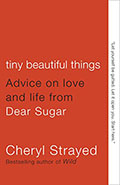 Recent Favorites
Recent Favorites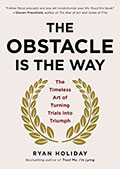 Recent Favorite Audio Books
Recent Favorite Audio Books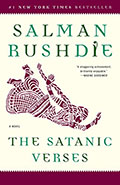 Books I need to reread
Books I need to reread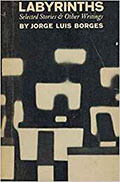 Books currently on my nightstand
Books currently on my nightstand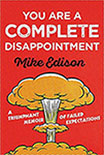 Last five books read
Last five books read Last five books read on kindle
Last five books read on kindle Last five poetry books I’ve read from
Last five poetry books I’ve read from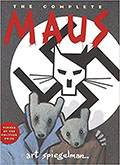 Graphic Novels
Graphic Novels Books currently on our coffee table
Books currently on our coffee table The Next Five Books
The Next Five Books
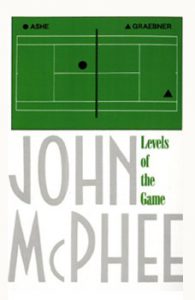 So I went questing to find books on Arthur Ashe. His
So I went questing to find books on Arthur Ashe. His 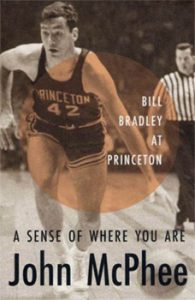 After finishing
After finishing